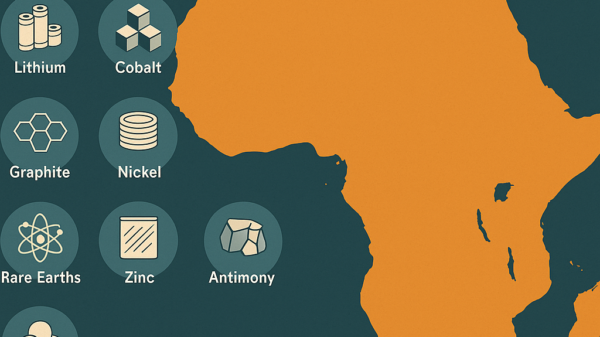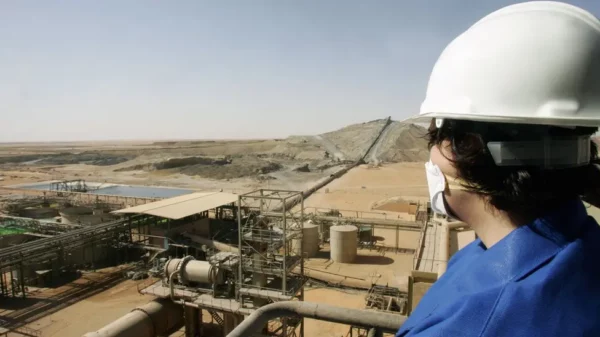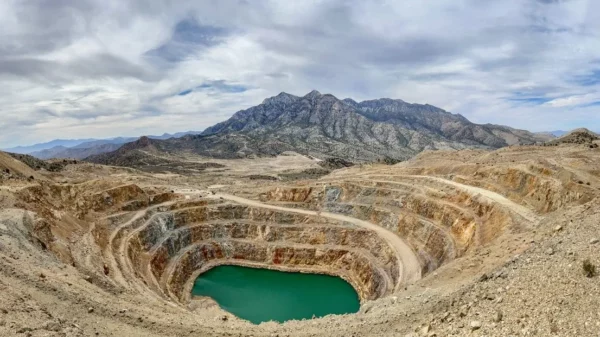As the movie Oppenheimer makes its debut this week a diverse group of concerned citizens and organizations have issued a letter urging United States Congress to provide more adequate reparations to those negatively impacted by the country’s past nuclear activities.
The letter sent to the U.S. Senate and House of Representatives on Friday calls on the government to strengthen and extend the Radiation Exposure Compensation Act (RECA), a program established in 1990 to provide monetary compensation to those that developed health problems as a result of atomic weapons testing and uranium mining.
The letter was signed by representatives from the Navajo Nation, the renowned science educator Bill Nye, activists, authors and many other people. Additionally, organizations such as the Concerned Citizens for Nuclear Safety, the National Association of Atomic Veterans, the Union of Concerned Scientists (responsible for coordinating the letter) and several others also signed.
“We represent a diverse coalition of scientists, historians, veterans, impacted communities, tribal nations and peace and security advocates,” reads Friday’s letter.
“U.S. nuclear weapons activities, including uranium mining, weapons production, and atmospheric nuclear testing, exposed many individuals and communities in the United States to radiation and toxic chemicals. These exposed populations are often Indigenous, people of colour, Veterans, low-income, and rural and they often face significant obstacles to receiving adequate health care,” it continued.
In 1990, the passage of the Radiation Exposure Compensation Act (RECA) provided an array of compensation to workers & Downwinders (those who live around test sites). Despite RECA’s significance, NM Downwinders & uranium workers have been unjustly excluded from compensation. (4/7)
— Senator Ben Ray Luján (@SenatorLujan) July 20, 2023
Read more: enCore Energy sells New Mexico uranium project to Anfield Energy for $5 million
Read more: British nuclear technology developer MoltexFLEX receives £1.3m grant from U.K. government
Early uranium mining was detrimental for many
The establishment of the RECA was valuable but it failed to recognize many who were impacted by U.S. nuclear tests and uranium mining.
This includes those living downwind from the first-ever atomic test site near Alamogordo, New Mexico (Trinity, 1945), U.S Veterans involved with cleaning up radioactive waste in the Marshall Islands, people who lived downwind from a nuclear test site in Nevada and workers involved with uranium mining after the 1942-1971 period recognized by the act.
The letter urges Congress to extend the benefits of the act to those people, provide them with comprehensive health care benefits and elongate the act, which is set to expire in June next year.
“This year, Congress must strengthen the RECA and extend it to ensure that the thousands of Americans suffering from radiation-related illnesses receive the help they need,” the letter concluded.
Since its inception, the RECA has provided over US$2.5 billion to approximately 39,000 people impacted by U.S. nuclear activity, according to the Congressional Research Service.
Between 1945-2017 over 2,000 nuclear test explosions were conducted around the globe resulting in increased rates of cancer and other diseases, according to the International Campaign to Abolish Nuclear Weapons — an organization that won the Nobel Peace Prize in 2017.
rowan@mugglehead.com














